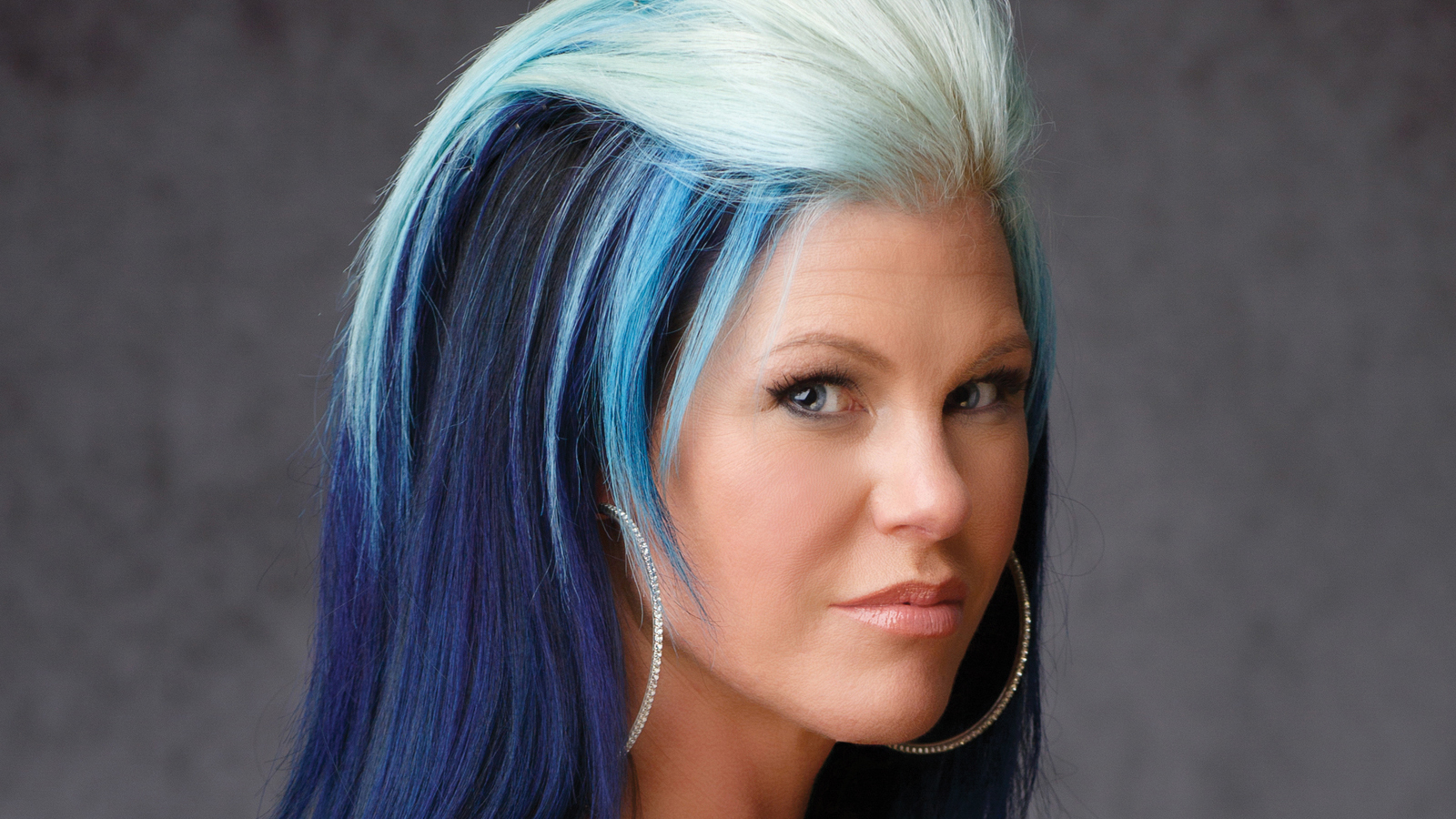Anny Donewald was 13 when a player on her coach father’s NCAA basketball team began abusing her. Six years later, Donewald tumbled headlong into the sordid world of exotic dancing and prostitution. Facing the prospect of a second abortion, she prayed a simple, desperate prayer, and God intervened to save her (and her son’s) life. In 2009 Donewald founded Eve’s Angels, a ministry to women and girls exploited by the adult entertainment industry. Her book, Dancing for the Devil: One Woman’s Dramatic and Divine Rescue from the Sex Industry (Howard Books), tells the story of her transformation and her ministry. Her.meneutics contributor Rachel Marie Stone spoke with Donewald about her mission to bring hope and healing to women trapped in an earthly hell.
Dancing for the Devil: One Woman's Dramatic and Divine Rescue from the Sex Industry
Howard Books
384 pages
$9.26
What is the most effective way to minister to strippers and prostitutes?
We want to offer a message of hope, rather than condemnation. Ultimately, I believe it’s the Holy Spirit who convicts. They ought to know we’re Christians by our love. But that won’t happen if we come across as judgmental. If anything, that turns girls in the sex industry off from Christ. Besides, to these girls, the attitude is “I’m already in hell—why are you telling me I’m going to hell?” What they need, instead, is a sense that a different kind of life is possible.
Why do women and girls who’ve been abused find it difficult to speak up?
You blame yourself. It’s hard not to think it was your fault in some way. We often think oppression of women is something happening elsewhere—like female genital mutilation in Africa. But in the States, we use sex to sell shampoo, cars, and deodorant. In a sex-saturated culture, women’s sexuality becomes equivalent to their identity.
Earlier in life, you were interested in a music career. Do women and girls in the adult entertainment industry forget their former ambitions?
When a girl gets her soul murdered, all her dreams and hopes go out the window, and she goes into survival mode. She can’t even think about the future. One of the goals of Eve’s Angels is to give them hope for a future outside the strip club.
What’s one story of a woman finding hope?
One girl, who started showing up at one of my Bible studies after turning 17, was snorting cocaine in the bathroom and coming out with white powder on her nose. She’d come to Bible study having not eaten for days, saying, “I don’t even believe in your [expletive] God.” I’d order a pizza for her. I’d ask her, “What do you want to do?” Finally, God told me to ask her if she was some kind of artist. “Yeah, I used to draw but not anymore,” she said.
After she overdosed for the fourth time and came out of her coma, we got behind her, and she finished high school with honors. Now, at age 20, she’s in college, studying art therapy, and working as a state director for Eve’s Angels. She’s also putting together a collection of paintings that draws attention to sex trafficking.
A lot of these girls just need a mom. Sometimes they end up calling me “Mom.” We try, with Eve’s Angels, to give them a family.
Why aren’t you more insistent on telling these women, in Jesus’ words, to “go and sin no more”?
We certainly want to see women leave the industry. But when Jesus commands the adulterous woman in John 8 to “go and sin no more,” his word was creating a new reality in her. We have to remember that we don’t have that same power, and that should make us more cautious in how we speak.
If you’re working as a stripper, it’s almost always the case that bad stuff has happened to you that hurts your capacity to choose differently. You’ve gone into a sort of alternate universe, which is why drug and alcohol abuse is common in that world.
You connect with women and girls by going into strip clubs—Eve’s Angels, you write, is “the ministry that goes inside.” Why is that important?
It’s not enough to drop off gift bags outside the clubs or sit outside and pray. It’s important to go inside. We need to keep in mind how staying outside comes across to the girls—that they must be avoided. Jesus wasn’t afraid to talk to prostitutes, or to talk with the Samaritan woman who had five husbands. We shouldn’t be afraid to go inside, to see these women as daughters and sisters—because “greater is he that is in you than he that is in the world” (1 John 4:4, ASV).











